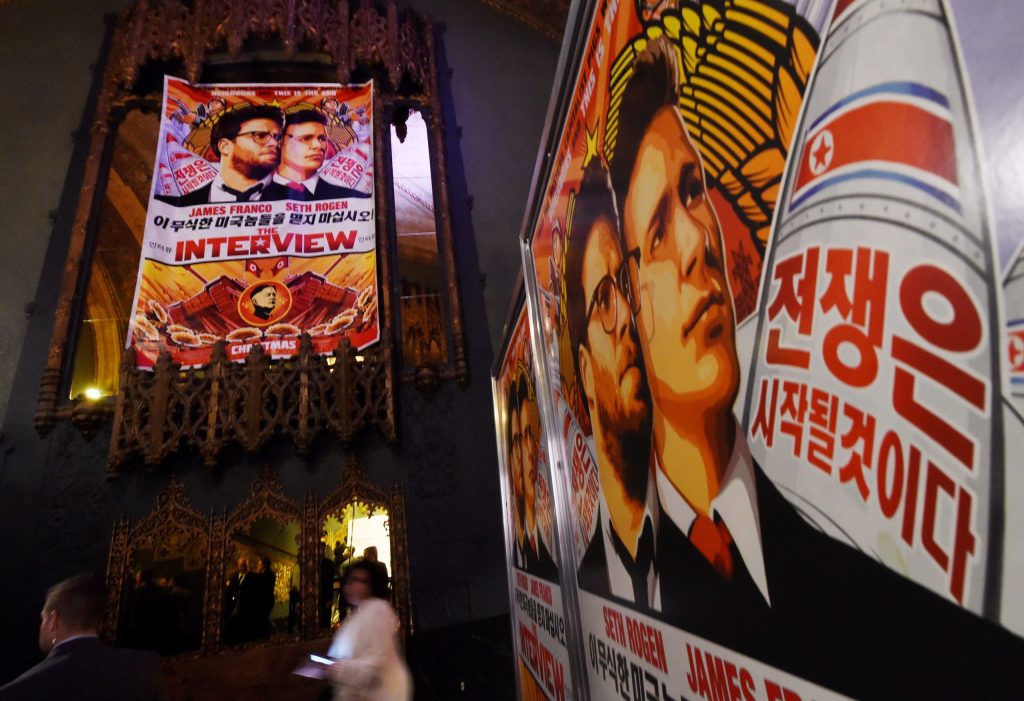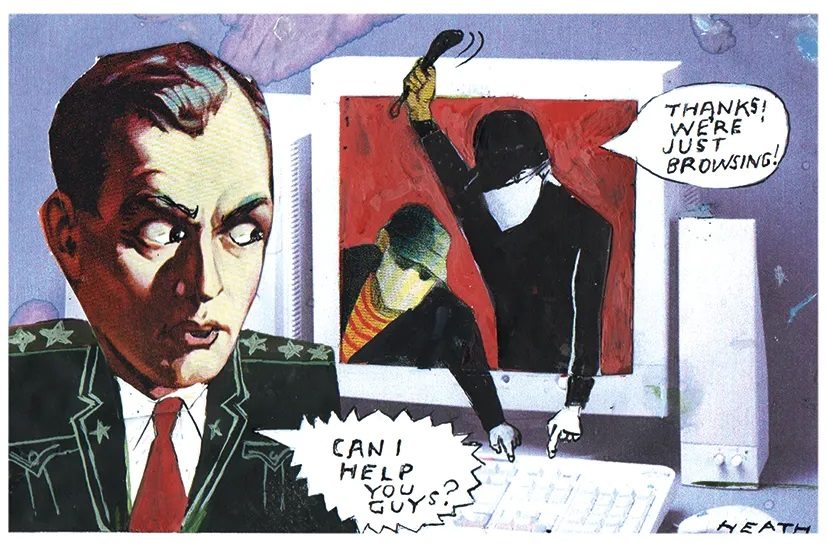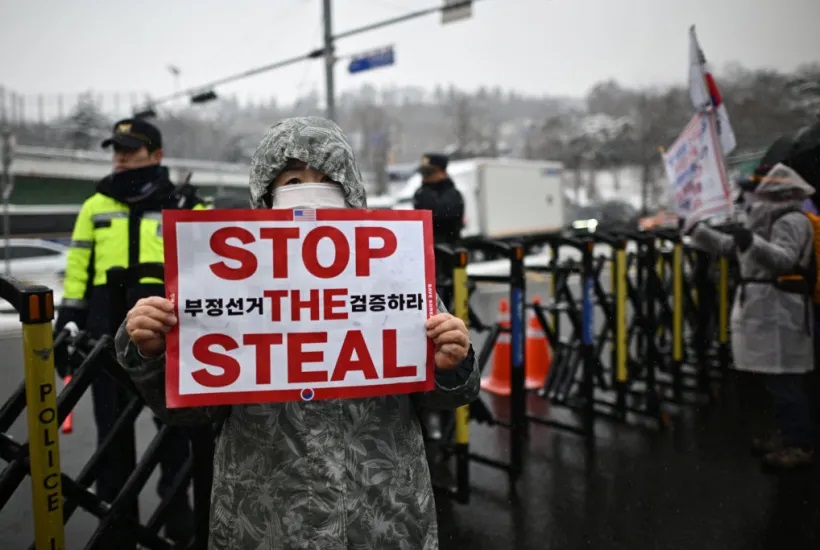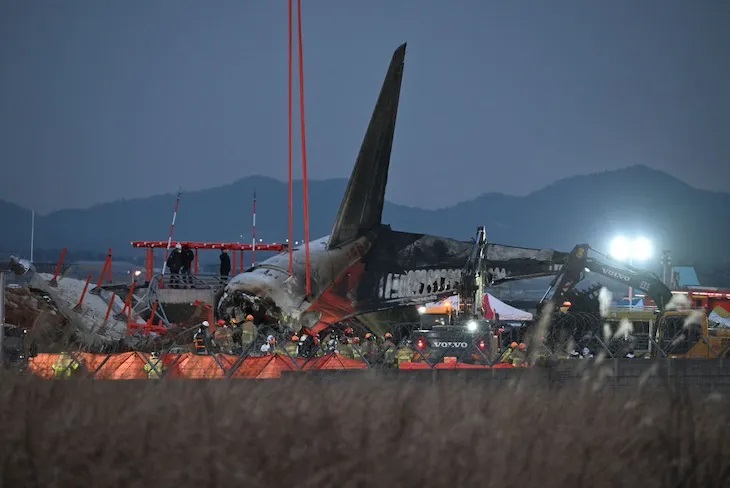The narrative podcast remains a form in search of a genre. The template set by the hit show Serial — enterprising American journalists with janky piano theme tune shed new light on tantalizing murder — still predominates seven years on. To this we can add the format pioneered by S-Town (initial murder investigation subsides into rich human detail) and, more recently, the excellent Wind of Change (intriguing what-if maps cultural and macropolitical shifts, with bonus CIA window-dressing). I remain skeptical about the form’s usefulness as a way of breaking hard news. Caliphate, the New York Times jaw-dropper on the Islamic State, is less gripping now its key source has been revealed as a fraud.
Too often, podcasts promise what they can’t deliver — whether that’s the murderer’s identity or the espionage roots of a hair-metal anthem — and end up having no choice but to elevate the theme, having promised answers. They are a bunch of rug-pullers, no mistake: confident that their inciting question has chiseled enough from the broader culture that, on balance, the listener will agree that the richness of context buys out the failure to provide solutions. We don’t agree, though. We always want to know who the murderer is.
Perhaps cognizant that listeners have grown wary of podcasts with big hooks but no mackerel, The Lazarus Heist sets itself more modest parameters for its investigation. It’s a highly entertaining retelling of the diplomatic fallout that ensued when Sony Pictures advertised the release of its US-hegemony-cum-stoner-comedy The Interview, in which Seth Rogen and James Franco are sent to assassinate Kim Jong-un. (The North Korean state disputes the BBC’s version of events.)
In North Korea, depicting the death of Kim Jong-un would be an act of high political sacrilege, somewhat comparable to urinating on the Queen. The likely punishment would be a gruesome execution or public obliteration by anti-aircraft artillery. The authoritarian hermit kingdom responded with a hugely destructive hack on Sony, leaking gigabytes of embarrassing email conversations and more or less annihilating every aspect of its electronics. In truth, it’s very much an LA story. Six weeks after the hack, employees reported that the onsite coffee shop still couldn’t accept credit cards. When threats were made against cinemas planning to show the film (on Christmas day no less), the film’s lead actors were offered bodyguards. Pity the screenwriter, told by both Sony and a private Israeli security firm that as a mere scribbler he wasn’t important enough to merit protection.
Digging deeper, we hear from a North Korea escapee who sent copies of The Interview over the demilitarized zone, stored on flash drives tied to helium balloons. The man himself was inspired to flee by a similar drop, which showed pictures of beautiful women in bikinis on a South Korean beach. Later, a former undercover agent tells us how he penetrated a criminal gang who sold contraband cigarettes and pharmaceuticals initially manufactured in the glorious people’s republic. The gang kingpins approached him asking if he wanted to set up an industrial crystal meth lab inside North Korea, aided by the regime’s officials.
Now, I’m generally not one for believing anything that former CIA or FBI operatives are willing to tell a journalist. I’m not mad. But this passes the bellwether test for Cold War antics, which is that if it sounds insane, it’s either true, or masking a more insane truth. In any case I choose to believe it, and will be tuning into the next episode of this tremendously interesting series to hear about how North Korea allegedly tried to steal a billion dollars from a Bangladeshi bank.
Less agreeable and much more confused about its raison d’être is the new American smash, O.C. Swingers, about the case brought against Newport-beach orthopedic surgeon Dr Grant Robicheaux and his girlfriend Cerissa Riley. In 2018, they were accused of drugging and assaulting seven women. The district attorney at the time claimed he had video evidence of them committing more than 1,000 similar crimes. Last year, a review found no evidence against the couple.
It’s not clear what this is, what it unveils or shows, only that the story lurches back and forth enough to make it suit the short-episode format. In this sense it’s an archetypal narrative podcast, one that left me feeling nothing but seasick dissatisfaction.
This article was originally published in The Spectator’s UK magazine. Subscribe to the World edition here.

























